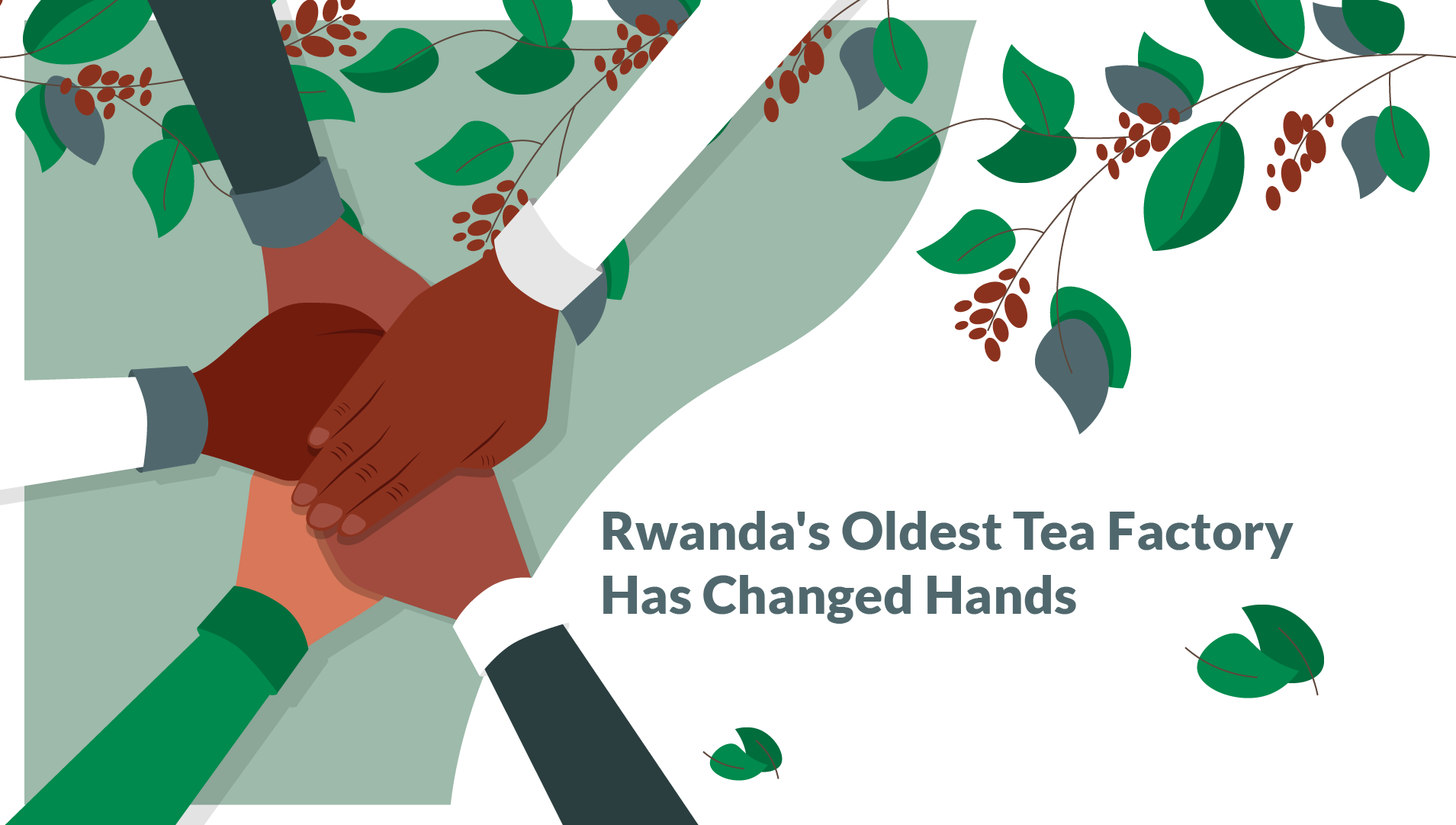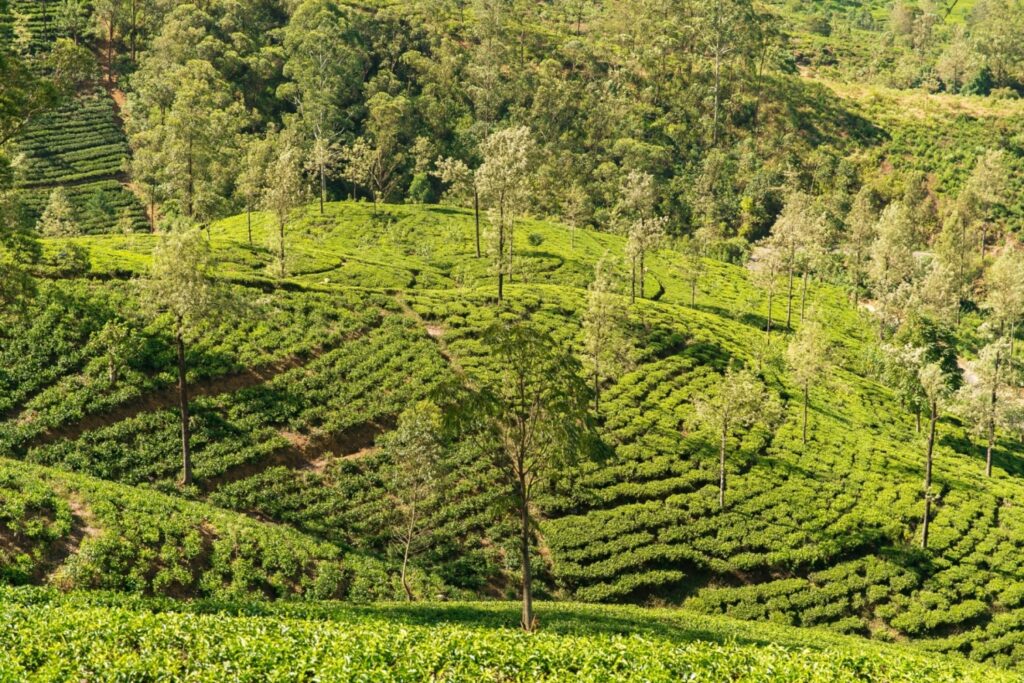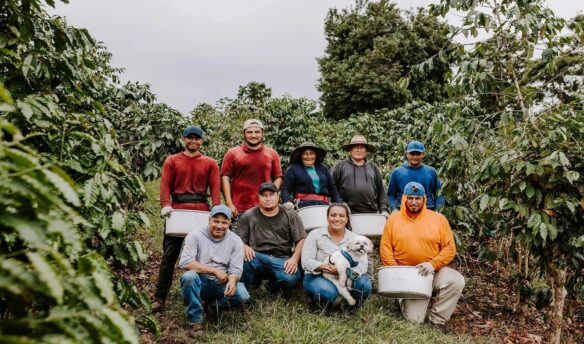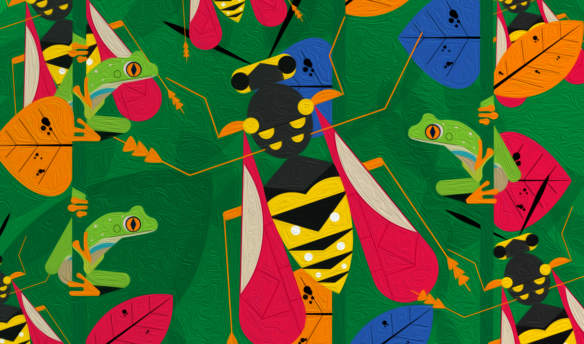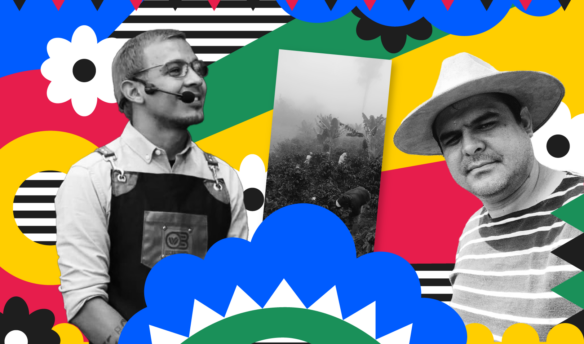Visitors to Rwanda, a small landlocked country in the heart of Africa, might notice the city’s clean streets, rolling hills, and world-class coffee. While Rwanda is prized for its coffee abroad, Rwandan locals go for tea. A staple drink for the country and a critical economic asset, Rwandans use tea in a delicious and radical way.
After prolonged periods of violence from events like civil wars, civil strife, or genocide, affected countries can experience years or decades of structural poverty and abysmal living standards. Nations can languish in destitution or return to violence without a means to rebuild their economy, which we’ve seen in places like Afghanistan or Somalia.
This could have easily been the case in Rwanda, which experienced a brutal genocide in 1994. But instead of languishing, the country focused repair efforts on empowering citizens. In an effort led primarily by the government and local communities, Rwanda prioritized giving workers the tools they needed to rebuild their lives.
In March of 2022, around 5,000 smallholder farmers were given ownership of the Mulindi Tea Factory, the largest tea production facility in the country. The Mulindi Tea Factory is the first factory wholly owned by farmers in Rwanda and serves as an example of how empowerment targeted toward serving workers can help everyday citizens escape poverty and build a better future for themselves and their communities.
Aid Does Not Always Equal Empowerment
In 1994, Rwanda, a country of approximately thirteen million people, suffered brutal killings against its Tutsi minority. A campaign that took over 800,000 lives, the Rwandan genocide is one of the world’s most devastating and destructive tragedies and ravaged the local economy—yet, in just twenty-eight years, Rwanda has the third-highest GDP growth rate in the world. How was the country able to recuperate so quickly?
Usually, after a tragedy of this magnitude, domestic and foreign aid organizations come in to provide assistance and help rebuild. But frequently, that aid is misguided—in both poor and rich countries, we often see non-government organizations (NGOs) and other nonprofit companies work only to improve commercial conditions or other self-interested projects.
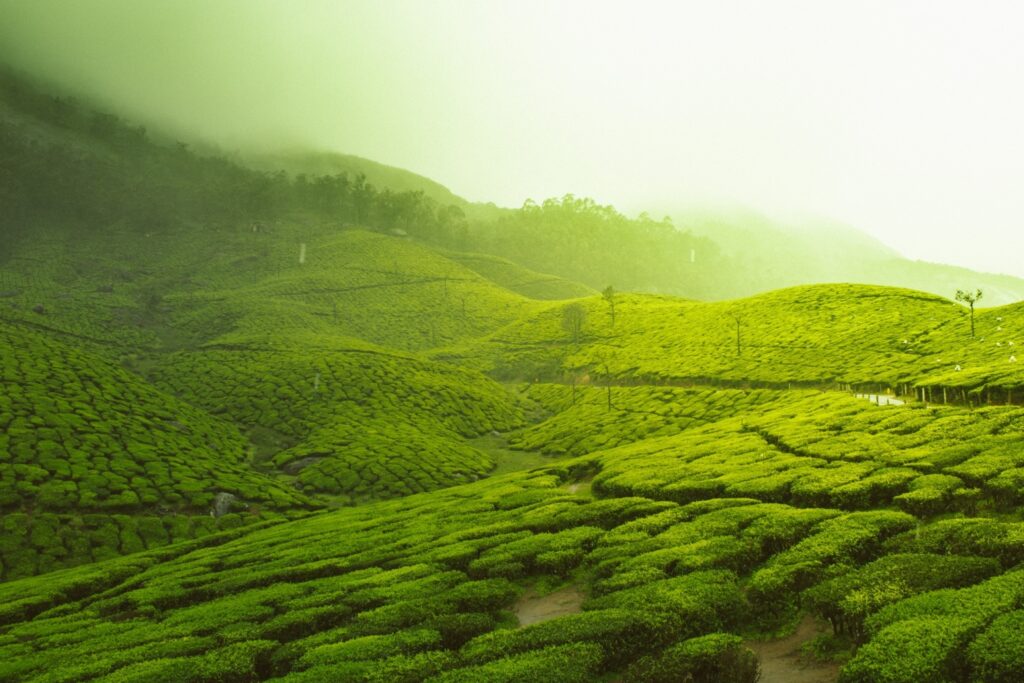
This pattern repeats itself so often that there is a name for it: the nonprofit industrial complex. “Nonprofits are held up as the path toward making the world a better place,” Sidra Morgan-Montoya writes. The nonprofit industrial complex, Morgan-Montoya continues, “is erected by a network of public and private entities — including the state, businesses, individuals, and nonprofits themselves — who make decisions that uphold the power each of them has in society.”
Economist Dambisa Moyo defines this type of work as ‘dead aid’ in her book Dead Aid: Why Aid is Not Working and How There Is a Better Way for Africa. Her research found that not only did aid not help; it actually hurt economic prospects. “In fact,” Moyo writes, “across the globe, recipients of…this aid are worse off; much worse off. Aid has helped make the poor poorer, and growth slower.” One of the big reasons for this is corruption: corrupt politicians and bureaucrats easily capture foreign aid money because assistance initiatives are often directed in a top-down approach.
But Rwanda is different. Integral to the country’s success is the power of NGOs and governments not to provide aid but to empower everyday Rwandans. The current government, which has been in charge of the country since the end of the genocide, approached nation-building with an anti-corruption ethos, a rarity in East Africa.
After investing in reconciliation efforts after the genocide as Minister of Defense, Paul Kagame became Rwanda’s president and made fighting corruption a top priority for his administration. Kagame’s work has paid off: according to the Corruption Perception Index, Rwanda has gone from being as corrupt as Russia or the Philippines in 2006 to having a better corruption index than Italy or Greece by 2020. On a scale of 0 to 100, where 0 is highly corrupt, and 100 is free of corruption, over two-thirds of countries scored below 50. In 2021, Rwanda scored 53 points.
The government’s actions against corruption have fueled the country’s stellar economic growth by targeting and attempting to alleviate extreme poverty. Countrywide reconciliation was a big part of this: the government worked to improve the livelihoods of both perpetrators and victims of the genocide to break the cycle of retribution that befalls many conflict zones.
One example is Girinka, a poverty alleviation strategy where communities share livestock offspring. The government provides one cow per family, and part of the program requires communities to share offspring among their neighbors. Through this program, the government empowers people who quite literally were fighting each other just a few years ago to share a common resource and build prosperity together.
Not only do these pro-poor policies actively empower Rwandan citizens, but government efforts influence the way other organizations work within Rwanda. This is how we arrived at our current moment, with the Wood Foundation relinquishing control of the Mulindi Tea Factory.
Ownership is Everything
The Wood Foundation is a Scotland-based charity focused on social transformation through educational, economic, and societal investments. In 2012, the Wood Foundation and its partner, the Gatsby Foundation, bought a majority stake in the Mulindi Tea Factory. Before that, the government was in charge of operating the factory, and for the last decade, ownership was split: 55% of the company was controlled by the East African Tea Investments (the Wood/Gatsby investment arm) and 45% by local farmers. The Wood Foundation bought the stake to help the factory become self-sufficient and improve production.
The Mulindi Tea Factory is not only Rwanda’s largest tea facility but also the country’s oldest. The plant began tea production in Rwanda in 1960 and faced with economic and political hardship, the government sought outside help. The East African Tea Investments group invested $15 billion U.S. to modernize the factory. Some key initiatives include: expanding fields under cultivation, education & training for cooperative members, and improving corporate governance structures.
With technical assistance from the Wood and Gatsby Foundation, farmers were able to increase processing capacity, doubling from 60 to 120 tons of green leaf per day. The average farmer’s annual gross income increased from $1,412 in 2013 to $2,881 in 2021. Not only were farmers able to double their income, but they also received valuable education and training to continue increasing output and help build more efficient systems.
It was always the plan for the Wood Foundation to relinquish its stake in the factory and hand over ownership to local farmer cooperatives. After recouping their investments, the foundations left operations to the Cooperative du Thé Mulindi (COOPTHE) and Cooperative du Thé Villageois Mulindi (COOTHEVM). The cooperatives now fully own the tea factory—and have complete control over their future. Whether or not every co-op member stays at Mulindi forever or moves onwards, they will have experience transforming Mulindi into a prosperous and competitive facility.
The farmers at Mulindi have sent a message to the world: cooperation and a citizen-centered approach to aid can improve workers’ lives. Instead of prioritizing individual profit, Rwanda’s cooperatives value community wellbeing. According to the International Labor Organization (ILO), cooperatives rose in the post-genocide period as many felt the need for protection and safety that cooperatives provided. Rwanda’s pro-citizen and cooperative approach empowers the poor, improves living standards, and mends political divisions.
Built into the nation’s ideology is a down-up approach to achievement that fights corruption and focuses on empowering workers of all socioeconomic statuses. The Wood Foundation and the Rwandan government decided to put empowerment over profit, and now the farmer-owners of Mulindi can reap the benefits of their labor—and steep them in hot water.
Likam Kyanzaire is a freelance writer and nonprofit worker based in Montreal. His work bridges perspectives on issues as diverse as culture, economics, technology, and migration.

